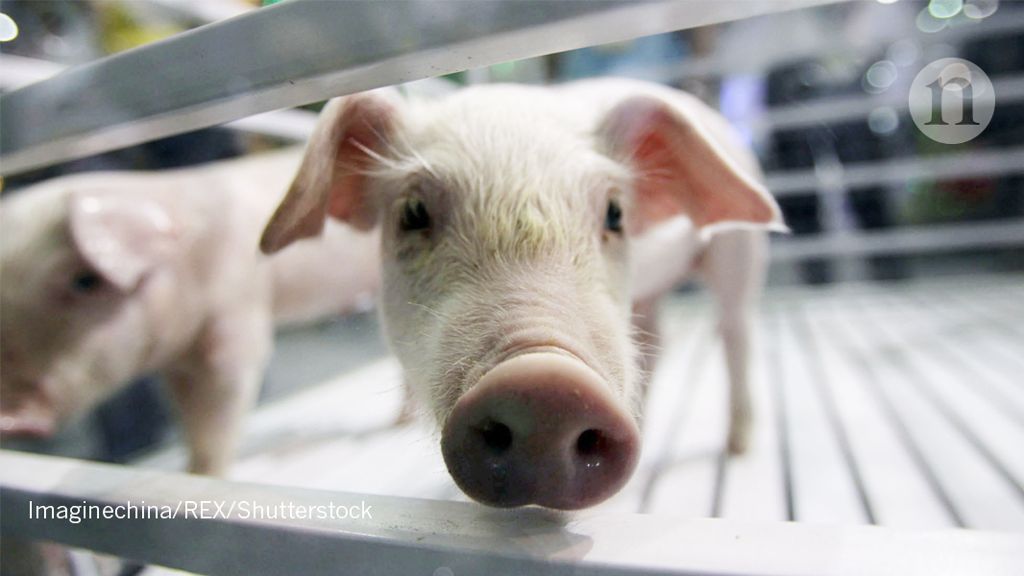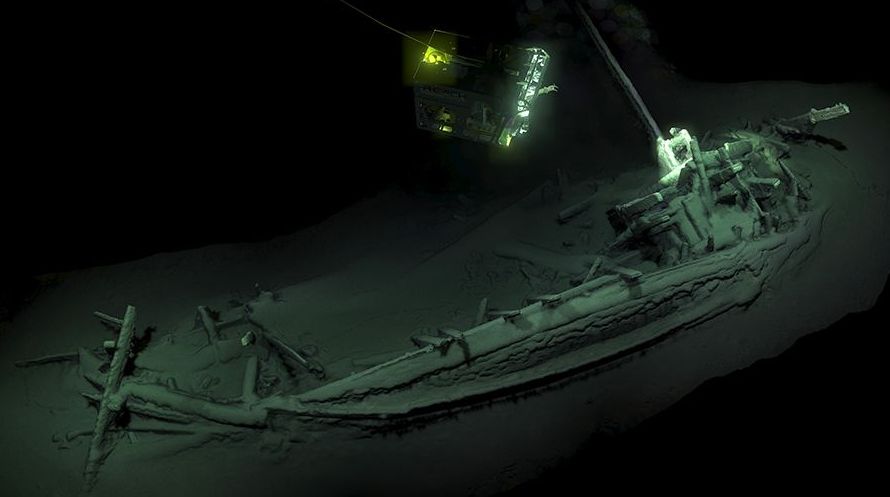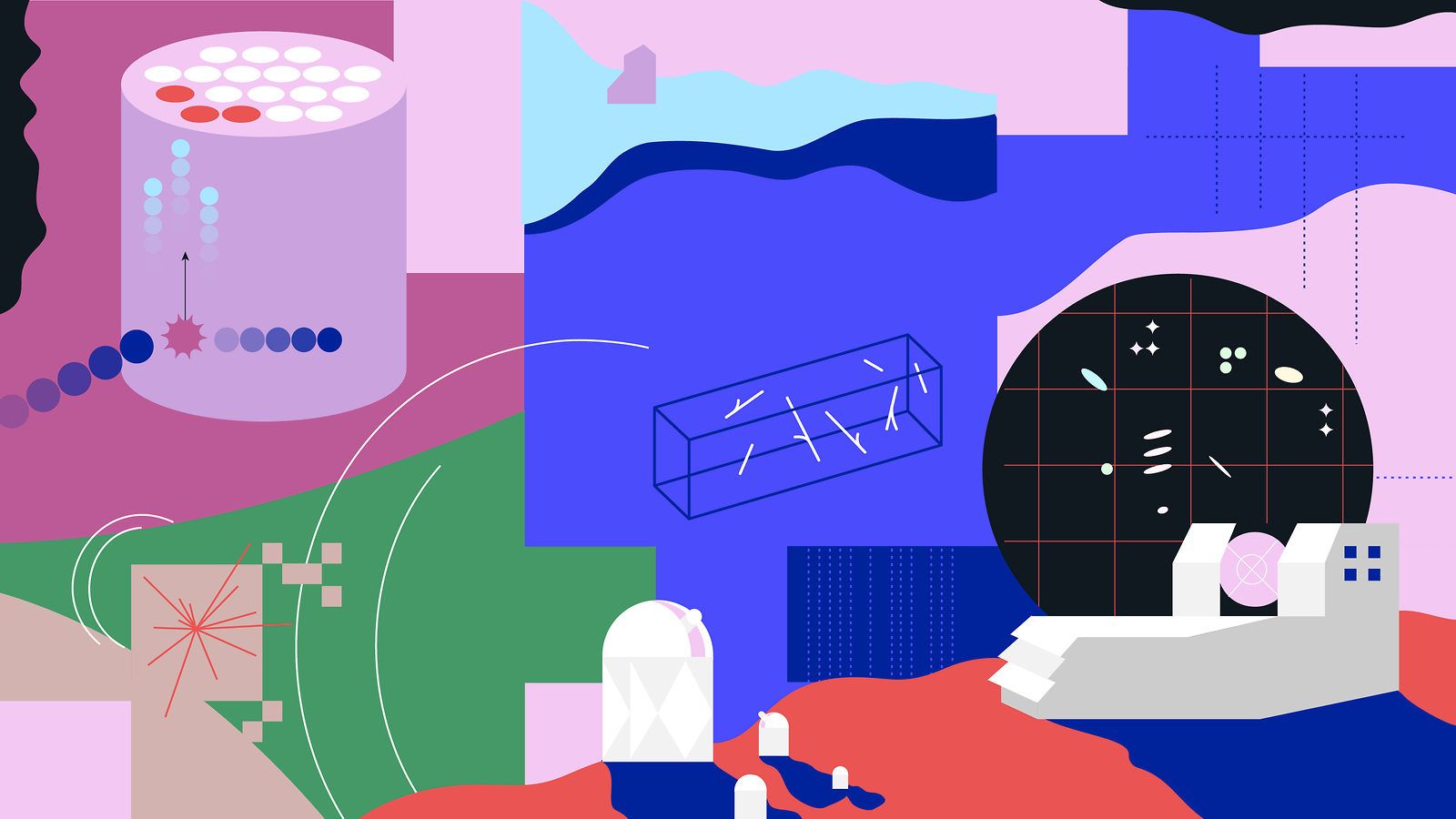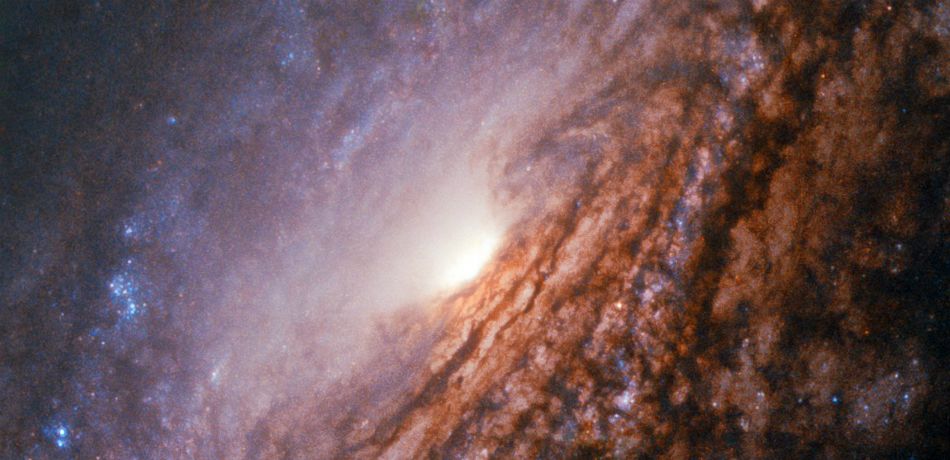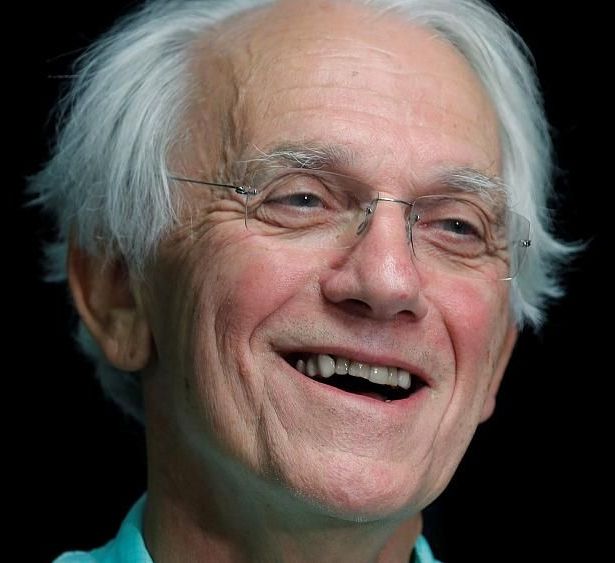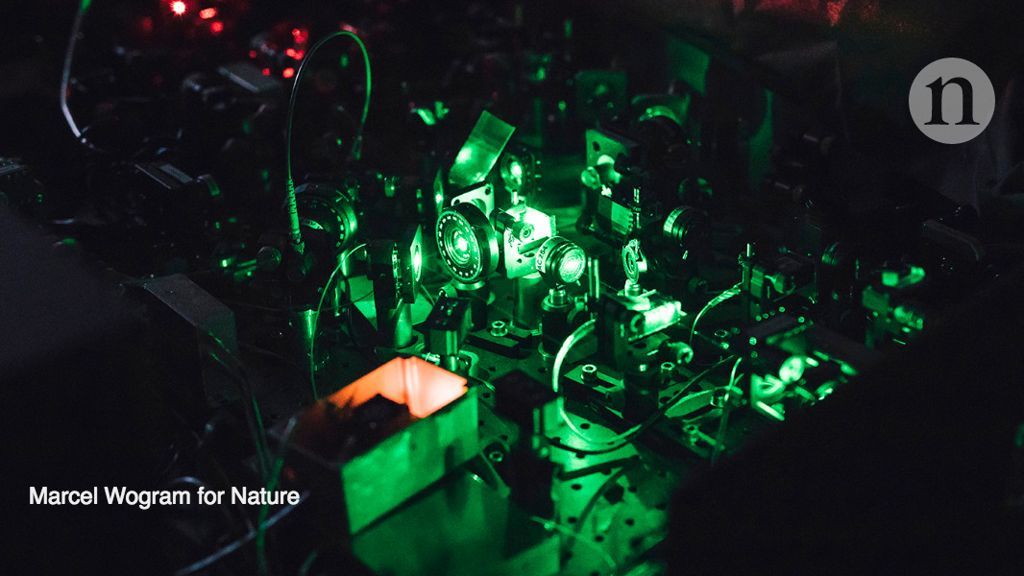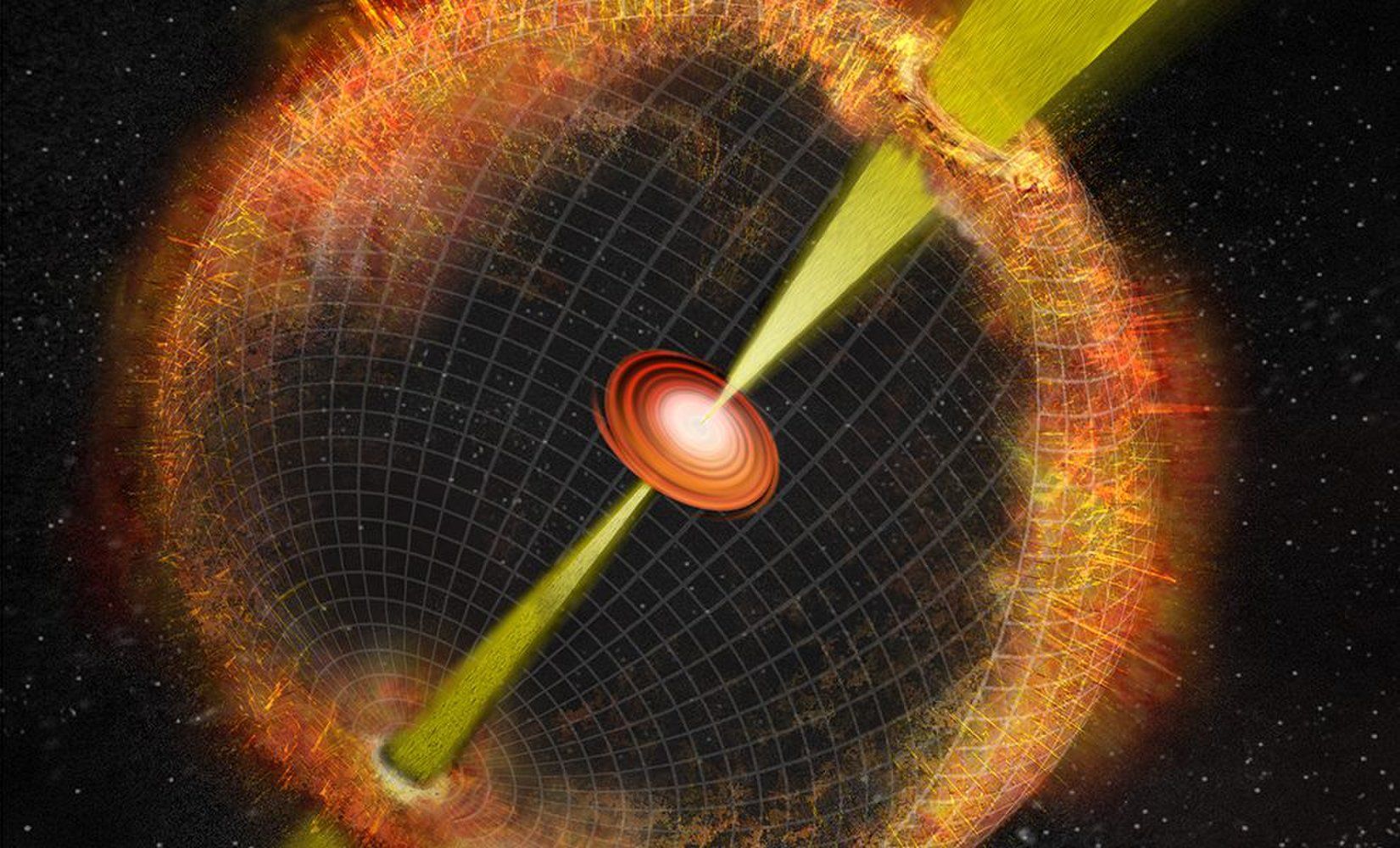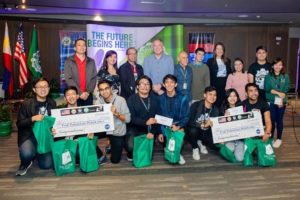Page 9824
Oct 23, 2018
Stunning shipwreck discovery: ‘World’s oldest intact’ wreck found
Posted by Genevieve Klien in category: futurism
Researchers have discovered what they say is the world’s oldest intact shipwreck at the bottom of the Black Sea. Until now, the ship had only been seen on pottery.
These international projects, selected during the process to plan the future of US particle physics, are all set to come online within the next 10 years.
Oct 23, 2018
Stunning Hubble Photo Reveals ‘A Galaxy With A Bright Heart’
Posted by Genevieve Klien in category: space
This Hubble image captures the unbarred spiral galaxy NGC 5033, a Seyfert galaxy that looks a lot like our Milky Way.
A dazzling photo captured by the Hubble Space Telescope showcases the glowing heart of a relatively close spiral galaxy — fairly similar to our Milky Way.
Unveiled on October 22 by the Hubble Space Telescope website, the snapshot offers a close portrait of a galaxy called NGC 5033 — a spiral galaxy nestled some 40 million light-years away from Earth, in the Canes Venatici constellation — also known as the Hunting Dogs.
Continue reading “Stunning Hubble Photo Reveals ‘A Galaxy With A Bright Heart’” »
Oct 23, 2018
Nobel prizewinner working on making nuclear waste safe
Posted by Genevieve Klien in categories: futurism, nuclear energy
Professor Gérard Mourou says he may be able to show results in 10–15 years that will transform the future of nuclear power.
Oct 23, 2018
Here’s what the quantum internet has in store
Posted by Genevieve Klien in categories: internet, quantum physics, security
A future ‘quantum internet’ could find use long before it reaches technological maturity, a team of physicists predicts.
Such a network, which exploits the unique effects of quantum physics, would be fundamentally different to the classical Internet we use today, and research groups worldwide are already working on its early stages of development. The first stages promise virtually unbreakable privacy and security in communications; a more mature network could include a range of applications for science and beyond that aren’t possible with classical systems, including quantum sensors that can detect gravitational waves.
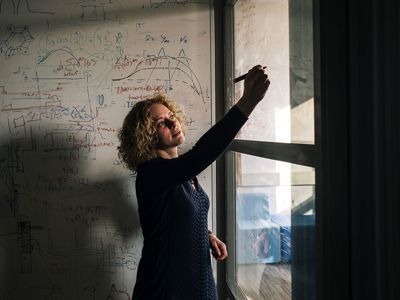
Oct 23, 2018
First ‘Orphan’ Gamma-Ray Burst Reveals Insight into Powerful Stellar Explosions
Posted by Genevieve Klien in category: space
For the first time, astronomers can investigate an orphan gamma-ray burst. Although the initial signal missed Earth, the interaction of the explosion with the gas and dust around it reveal the presence of the GRB.
Oct 23, 2018
Gravitational waves could reveal how fast the universe is expanding
Posted by Genevieve Klien in categories: physics, space
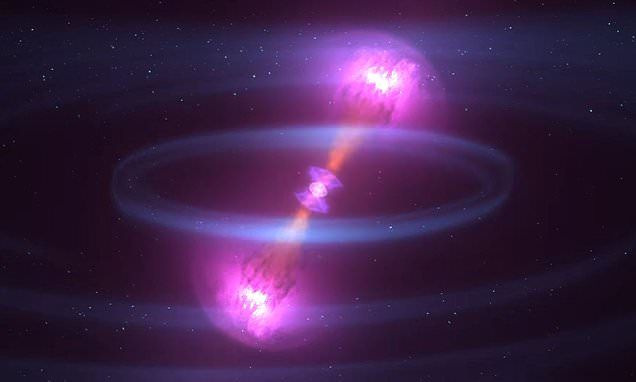
Scientists believe they’ve discovered a new method to pin down just how fast our universe is expanding over time.
In a new study, a team of researchers from the University of Chicago found that studying the gravitational waves emitted by cosmic collisions could lead to more resolute predictions about how quickly the universe is expanding.
Continue reading “Gravitational waves could reveal how fast the universe is expanding” »
Oct 23, 2018
Apple files patent for autonomous vehicle caravan features like sharing battery systems while driving
Posted by Mary Jain in categories: robotics/AI, transportation
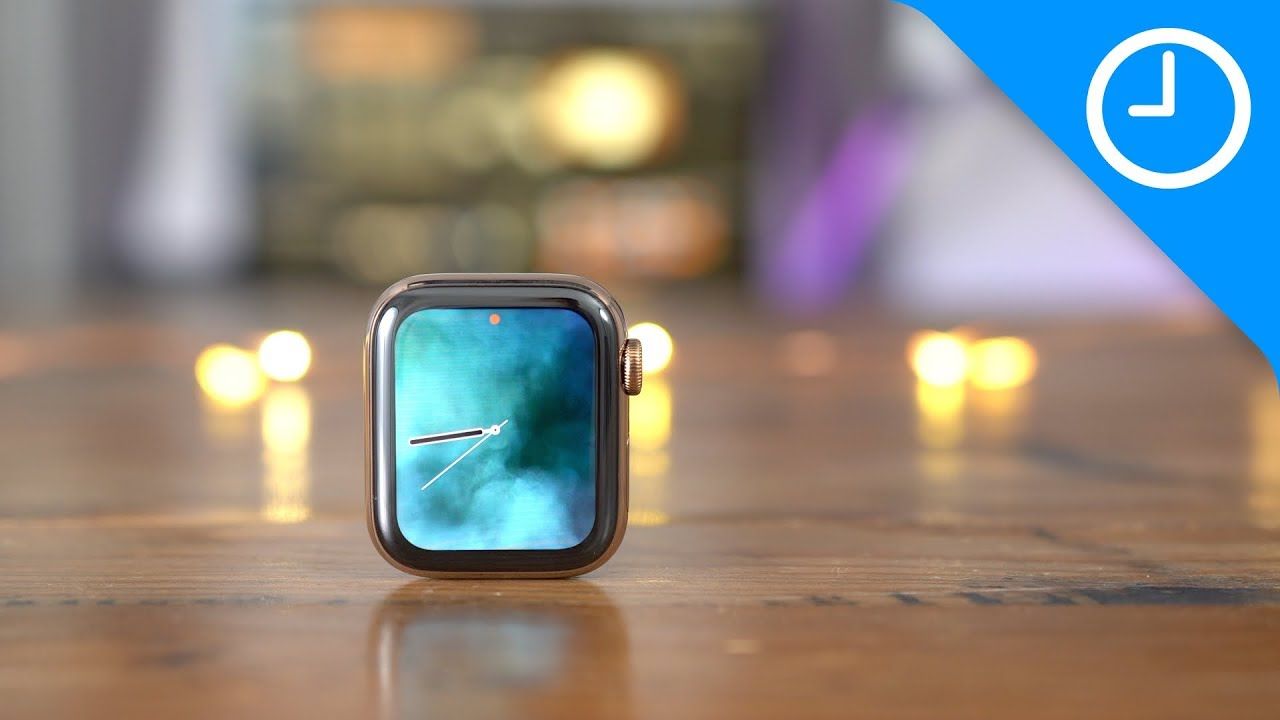
Wow that’s futuristic lvl streamlining…
Apple has today filed a patent for a set of intriguing new autonomous vehicle features called “Peloton.” The filing describes the ability for multiple self-driving cars to share battery capacity via a “connector arm,” dynamically adjust positions, increase efficiency, and more.
Oct 23, 2018
Fishing and emergency kit apps developed by Filipino innovators during the NASA Space Apps Challenge in the Philippines
Posted by Michael Lance in categories: astronomy, computing, cosmology, environmental
MANILA, Philippines — A mobile and SMS application developed by IT professionals Revbrain G. Martin, Marie Jeddah Legaspi, and Julius Czar Torreda to help fishermen receive real-time weather, sunrise and sunset, wind speed, and cloud coverage to plan their fishing activity, and an emergency checklist kit app was developed by students Jeorge Loui P. Delfin, Bluen Ginez, Samuel Jose, Rainier Garcia Narboneta, and Eugenio Emmanuel A. Araullo for disaster preparedness won the NASA Space Apps Challenge on October 19–21 at De La Salle University in Manila, Philippines, in partnership with the Embassy of the United States of America and PLDT.
Other projects and solutions developed are games using images from the Hubble Space Telescope, augmented reality mobile app to tell a story of the changes in the Arctic and Antarctic ice, artificial intelligence app helping scientists confirm the habitability of exoplanets, and story-based game using NASA Earth imagery.
They joined together with teams of coders, scientists, designers, storytellers, makers, builders, technologists, thinkers, designers, entrepreneurs, and everyone around the globe working together in a 48-hour sprint to develop solutions to some of the most pressing challenges on Earth and in space, using NASA resources and data.
Tags: NASA, space, Space Apps
